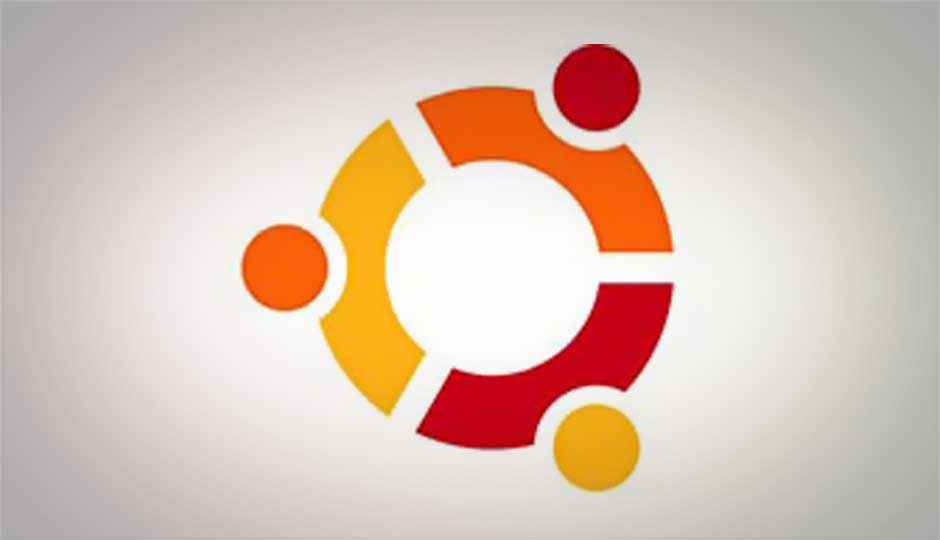How to tweak Ubuntu 12.04 LTS
By
Jait Dixit |
Updated on 01-Nov-2013
HIGHLIGHTS
Ubuntu 12.04 was the last long term support (LTS) version, and thus the choice for our tweaking guide in the interest of longer relevance

Although not the latest iteration of Ubuntu, 12.04 is the latest LTS version. It’s one of the most mature editions of the operating system so far. As an LTS release, Precise Pangolin will be supported till 2017. Here are a few tips and tweaks to enhance your Ubuntu experience.
 Survey
Survey✅ Thank you for completing the survey!
Tweaking Unity
With this edition of Ubuntu, Unity has evolved and has become much more stable. To tweak Unity earlier you had to edit configuration file or run convoluted commands to enable or disable certain features like global menu, whitelisting systray and overlay scrollbars. We can now these tweaks very easily by using an app called Unsettings. To get Unsettings use the following commands:
sudo add-apt-repository ppa:diesch/testingsudo apt-get updatesudo apt-get install unsettings
The interface is fairly simple to understand you can use it to make all sorts of changes to how Unity behave. Though this is not the only app available to do that especially for Unity 2D. To tweak the behaviour of Unity 2D, you’ll need to install Ubuntu Tweak, which lets you enable or disable the new HUD feature, control the multi-monitor behaviour and change how Dash is shown. Use the following commands to install Ubuntu Tweak:
sudo add-apt-repository ppa:tualatrix/ppasudo apt-get updatesudo apt-get install ubuntu-tweak
Unity Lenses
There are a lot of lenses around that you can use with Unity. Two of the most useful ones are the Recoll and the Calculator lense. The Recoll lense allows you to search for text inside the file, it has filters for spreadsheets, documents, text, presentations, messages built-in but it also lets you use complex queries to search in a particular path or files from particular dates using advanced queries. To install the Recoll lense use the following commands:
sudo add-apt-repository ppa:recoll-backports/recoll-1.15-onsudo apt-get updatesudo apt-get install recoll-lens recoll
Another very interesting and powerful lense is the calculator lense which brings up the a calculator in the Dash. To install the calculator lense use the following commands:
sudo add-apt-repository ppa:scopes-packagers/ppasudo apt-get updatesudo apt-get install unity-lens-utilities unity-scope-calculator
There are loads of other interesting lenses available. OMG! Ubuntu! has listed an interesting collection of lenses check it out at http://goo.gl/pjTrF.
Power Saving with Jupiter
Jupiter is an amazing appindicator which helps increase your laptop/netbook’s battery life. You can switch between Maximum Power, Power on Demand and Power Saving depending upon your requirements. You can also enable or disable bluetooth, wifi and touchpad through Jupiter. You can install Jupiter using the following commands:
sudo add-apt-repository ppa:webupd8team/jupiter
sudo apt-get update
sudo apt-get install jupiter
Global Menu for LibreOffice
LibreOffice for the better or for worse doesn’t use the global app menu by default. It uses the traditional menus on the top of the windows. To change this you’ll have to install the “lo-menubar” package to have LibreOffice use the global menu which can be obtained by running the following command.
sudo apt-get install lo-menubar

Recoll has the ability to search for text inside files
Tweaking the Startup Applications Dialog
By default all autostart items won’t show up in the startup dialog box, to force all the items to appear use the following command.
sudo sed -i ‘s/NoDisplay=true/NoDisplay=false/g’ /etc/xdg/autostart/*.desktop
Hibernate
Hibernate is no longer available in Ubuntu 12.04 by default, you can use Suspend instead. But if you’re a purist and want your good ol’ hibernate button back use the following command. But before we move on, a valid and a necessary question will arise in your mind which being what is the exact difference between ‘suspend’ and ‘hibernate’? Hibernate powers everything down and stores the entire content of the RAM in the hard disk, thus it saves a lot of power which is important for laptops and netbooks. Suspends powers down everything except RAM and it still consumes power. Before going all out and enabling hibernating, first you must ascertain whether your computer supports hibernate or not you can do this by running the following command
sudo pm-hibernate
Your computer will shutdown after this. When you turn it back on, you should get back all the applications back as they are. If this is successful, it means your computer supports hibernate. Now go ahead and run the following command
gksu gedit /etc/polkit-1/localauthority/50-local.d/com.ubuntu.enable-hibernate.pkla
Add the following lines to the file that just opened
[Re-enable hibernate by default]Identity=unix-user:*Action=org.freedesktop.upower.hibernateResultActive=yes
Save the file and exit. Now log off and log back in. The power menu should now start showing the “Hibernate” option.
Restricted packages
Ubuntu ships only with completely free software by default that means certain proprietary media codecs will not work out-of-box. Ubuntu does and can play most of the proprietary media formats out there like DVD, MP3, Quicktime and many more. To enable the media formats use the following command in your terminal or search for ‘restricted’ in the Ubuntu Software Center.
sudo apt-get install ubuntu-restricted-extras